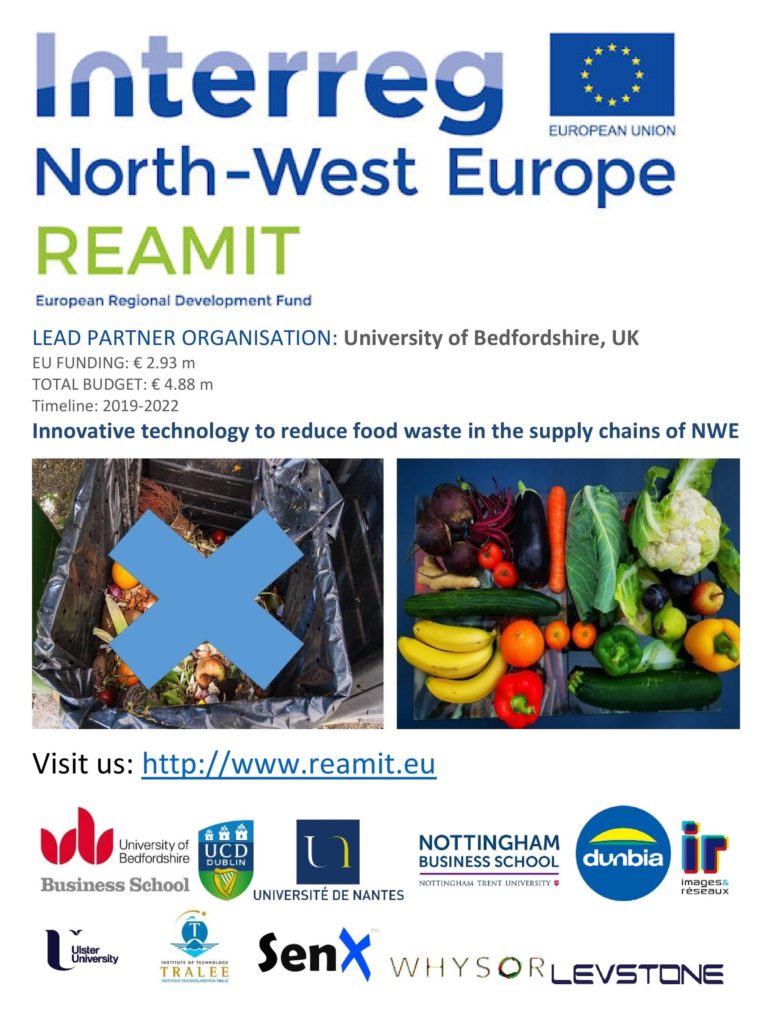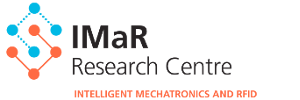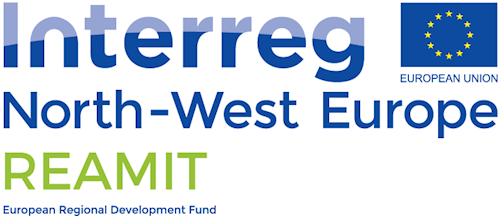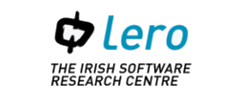Improving Resource Efficiency of Agribusiness supply chains by Minimising waste using Big Data and Internet of Things sensors
Project details
- Programme: INTERREG North-West Europe
- Duration of the Project: 42 months
- Total budget: € 4.88 m
- EU funding: € 2.93 m
- Lead Partner: University of Bedfordshire (UK)
- Partners:
- Images & Réseaux (France)
- National University of Ireland
- University College Dublin (Ireland)
- University of Nantes (France)
- Levstone Ltd (UK)
- Nottingham Trent University (UK)
- Whysor (Netherlands)
- Institute of Technology in Tralee (Ireland)
- SenX (France)
- Ulster University (UK)
- Dunbia (Northern Ireland)
Aims and Objectives
The REAMIT project proposes to adapt and apply existing innovative technology to food supply chains in NWE to reduce food waste and hence improve resource efficiency. The EU has committed to halving food waste by 2030 by focusing on all stages in the supply chain. 35% of food waste in EU-28 has occurred in supply chains in 2012. Though technologies exist to reduce food waste, they have not been applied to food supply chains.
Specific objectives:
REAMIT will focus on fruits, vegetables, meat and fish as these are wasted in large quantities. The supply chain includes farms, packaging sites, food processors, distribution, logistics, wholesalers and retailers. The project will be carried out in Ireland, Germany, France, UK and the Netherlands due to the amount of interconnected food supply chains and huge food waste in these countries. The project will adapt existing Internet of Things and Big Data technologies to best fit the needs of the food supply chain management system in NWE. Through testing and adaptation, these technologies will be enabled to continuously monitor and record food quality and signal potential food quality issues. Through analytics, owners of ‘food to be at risk of becoming waste’ will be provided with decision support options to minimise food waste including redistribution to nearby customers. REAMIT project will save 1.8Mt of food waste or €3B per year in NWE, avoid 5.5Mt/yr of CO2 emissions, test and operationalise 8 solutions, and, support 20 enterprises. The technologies will be self-sustaining at the end of the project. They will be made available to the public via REAMIT website and social media.
The long-term effects of REAMIT will be optimising (re)use of food and natural resources in NWE economies and a consortium capable of jointly addressing the challenges in food sector.

The first newsletter is now available.







